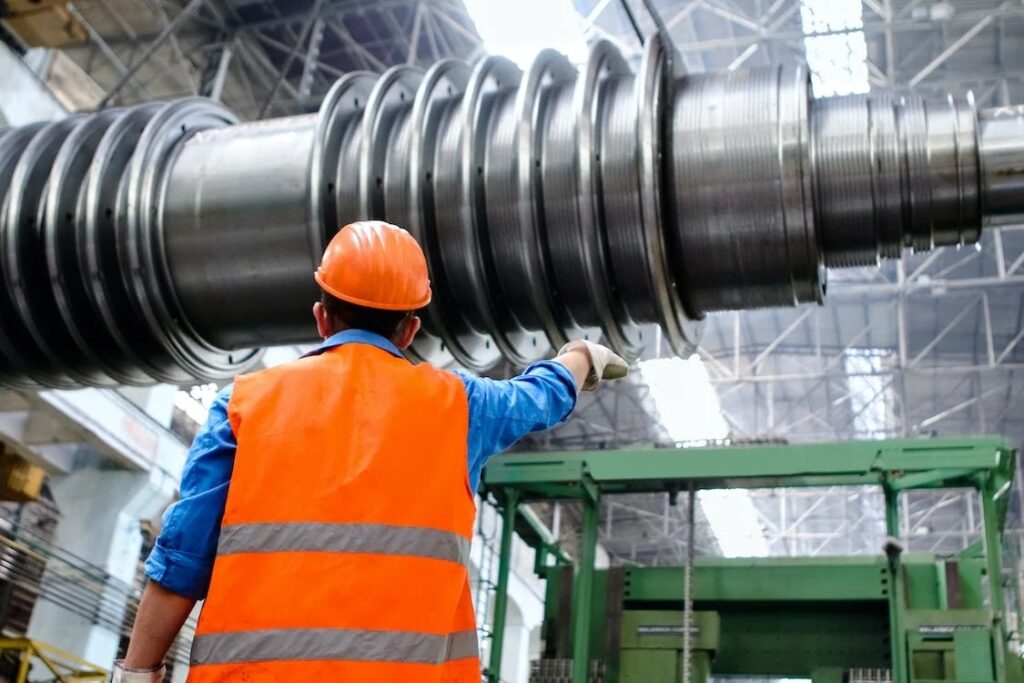Canada, with its breathtaking natural beauty, rich cultural diversity, and thriving economy, has consistently ranked among the top destinations for individuals seeking a fresh start in a new country. In 2023, geological engineers are finding exciting opportunities to immigrate to Canada and build rewarding careers in their field. This guide serves as your compass, offering essential information on the immigration process, job prospects, and the prospect of settling into the vibrant Canadian landscape as a geological engineer.
Whether you’re drawn by the promise of professional growth, a higher quality of life, or the allure of Canada’s stunning wilderness, this guide will pave the way for your journey to becoming a Canadian resident.
Steps To Immigrate To Canada As A Geological Engineer
Canada, known for its stunning landscapes, diverse culture, and strong economy, has become a popular destination for immigrants. If you’re a geological engineer looking to make Canada your new home in 2023, you’ve come to the right place.
This guide will provide you with valuable information on the immigration process, job prospects, and life as a geological engineer in Canada.
Step 1: Determine Your Eligibility
Before embarking on your journey to Canada, you must assess your eligibility to immigrate as a geological engineer.
The primary immigration programs to consider include:
- Express Entry System: The Express Entry program is a points-based system that assesses your age, education, work experience, language proficiency, and adaptability. Being a geological engineer, you can maximize your chances by scoring well in these categories.
- Provincial Nominee Program (PNP): Many Canadian provinces have their own PNP streams, including those for skilled workers. You can apply for nomination from a specific province based on your skills and work experience as a geological engineer.
- Quebec Skilled Worker Program: If you plan to settle in Quebec, you must apply for the Quebec Skilled Worker Program. Quebec has its own immigration selection system.
- Atlantic Immigration Pilot Program: If you’re interested in working in the Atlantic provinces of Canada, this program may be a good fit for you.
Step 2: Document Preparation
Gather the necessary documents for your application, including your educational credentials, work experience certificates, proof of funds, language proficiency test results (such as IELTS or TEF for French), and a clean police certificate.
Step 3: Language Proficiency
Language proficiency is a critical factor in your immigration application. Proving your proficiency in English or French is crucial. Geological engineers typically need to aim for a higher language score to enhance their chances.
Step 4: Credential Assessment
To have your educational and professional qualifications recognized in Canada, you’ll need to undergo an Educational Credential Assessment (ECA) through a designated organization. This step is vital to ensure that your qualifications are equivalent to Canadian standards.
Step 5: Apply for Immigration
Once you’ve gathered all the required documents and completed the necessary assessments, it’s time to submit your application through the chosen immigration program. Make sure to follow the specific guidelines and requirements for your selected pathway.
Step 6: Waiting for a Response
After submitting your application, you will need to be patient. Processing times can vary depending on the immigration program and your circumstances. You can check the processing times on the official website of the Immigration, Refugees, and Citizenship Canada (IRCC).
Step 7: Job Search and Networking
While waiting for your application to be processed, start your job search. Geological engineers are in demand in Canada, particularly in resource-rich provinces like Alberta and British Columbia. Join professional associations, attend networking events, and explore online job boards to connect with potential employers.
Step 8: Preparing for Arrival
Once you receive your Confirmation of Permanent Residence (COPR) and visa, it’s time to prepare for your move. Plan your accommodation, healthcare, and settle any other logistics before your arrival in Canada.
Conclusion
Immigrating to Canada as a geological engineer in 2023 is a promising endeavor. The country’s robust job market, high quality of life, and welcoming atmosphere make it an attractive destination for professionals in your field. By following this guide, you can navigate the immigration process smoothly and embark on a new and exciting chapter in your career and life in Canada. Good luck with your journey!
As you conclude this guide, you now possess the knowledge and insights needed to embark on your immigration journey to Canada as a geological engineer in 2023. Canada welcomes skilled professionals like you with open arms, offering not only the opportunity to advance your career but also the chance to enjoy an exceptional quality of life in a country known for its diverse and inclusive society.
From assessing your eligibility to preparing your application, proving your language proficiency, and navigating the intricate immigration pathways, you’re well-prepared for the challenges ahead. Once you’ve secured your place in Canada, the country’s vast job market and vibrant communities await your arrival.
Remember that while this guide provides a solid foundation, your unique journey will be shaped by your determination, resilience, and adaptability. The experiences and opportunities you’ll encounter as a geological engineer in Canada will be as diverse as the landscapes that make this country so special.
